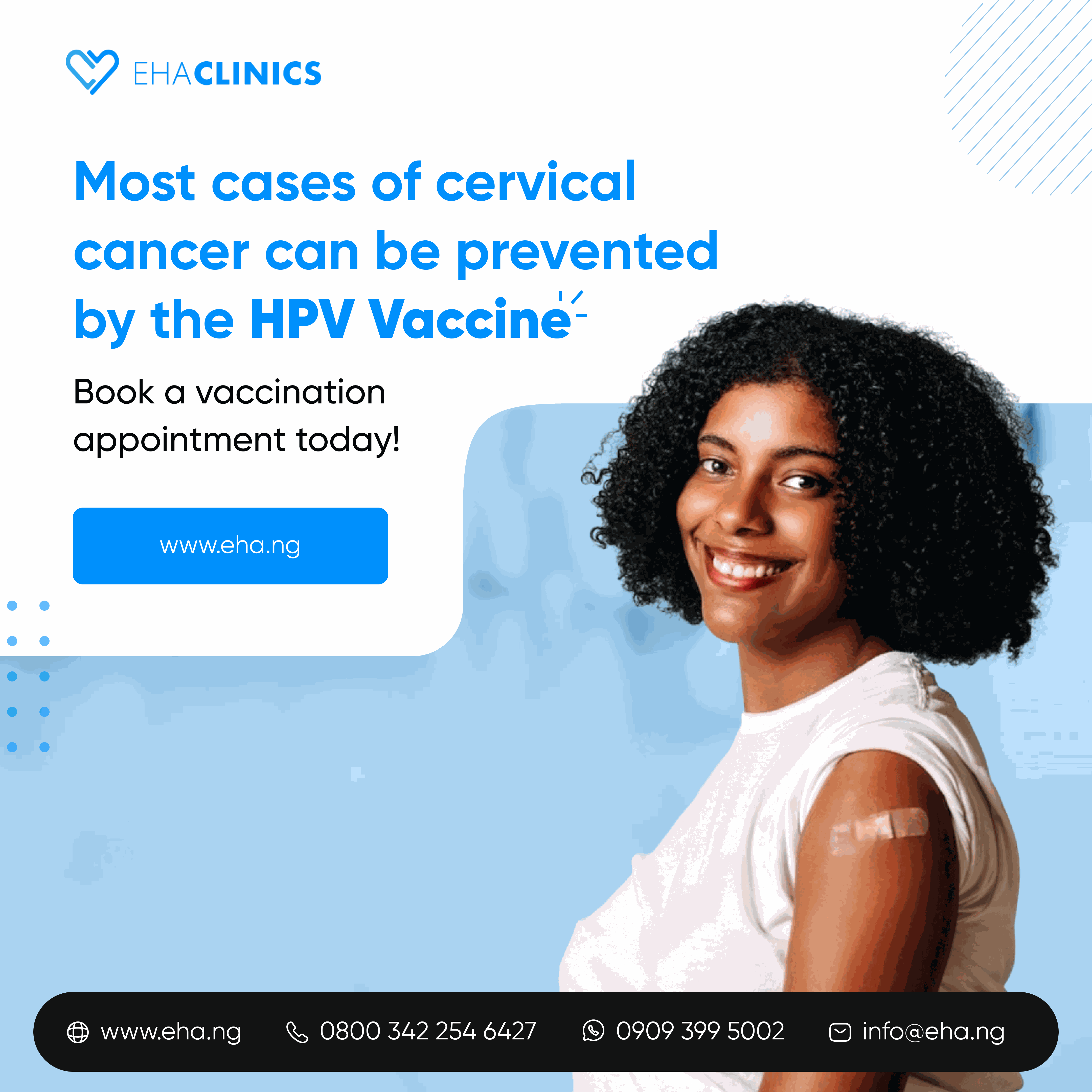What You Should Know About Human papillomavirus (HPV) and the Vaccine
Human papillomavirus (HPV) is a common sexually transmitted infection that can cause a variety of health problems including genital warts and cancer. In fact, HPV is one of the most common sexually transmitted infection. Fortunately, there is a highly effective vaccine available to prevent many types of HPV.
The HPV vaccine is a viral vaccine that is administered via intramuscular injection upon prescription for the prevention of cervical cancer caused by the human papilomavirus (HPV). According to the Centre for Diseases Control, HPV Vaccines have the potential of preventing over 90% of HPV-attributable cancers.
The vaccine is recommended for both males and females and is typically given to children between the ages of 11 and 12, although it can be given to anyone up to the age of 45.
There are three different types of HPV vaccines available: Gardasil, Gardasil 9, and Cervarix. Gardasil and Gardasil 9 protect against the two types of HPV that cause most cases of cervical cancer, as well as the types of HPV that cause most cases of anal cancer, genital warts, and some throat cancers.
Cervarix protects against the two types of HPV that cause most cases of cervical cancer.

The HPV vaccine is typically given in two or three doses over a six-month period. The vaccine is most effective when it is given before a person becomes sexually active, but it can still be given to people who have already been sexually active. The vaccine is safe and well-tolerated, with the most common side effects being mild pain, redness, or swelling at the injection site.
There are a number of misconceptions about the HPV vaccine that have led some people to be hesitant to get vaccinated. One common misconception is that the vaccine is only for girls. In fact, the vaccine is recommended for both males and females because HPV can cause cancer in both sexes. Another misconception is that the vaccine will encourage sexual activity.
However, studies have shown that getting vaccinated does not increase the likelihood of engaging in sexual activity.
The HPV vaccine is an important tool in the fight against HPV and the health problems it can cause. Getting vaccinated can help protect against HPV-related cancers and other health problems, and it is an important step in maintaining good health. If you have questions or concerns about the HPV vaccine, talk to your healthcare provider to learn more.
At EHA Clinics, we offer the Human Papillomavirus (Bivalent) Vaccine - Cervarix. Walk in to any of our branches today; Abuja, Lagos, and Kano to book a vaccination appointment or visit www.eha.ng or WhatsApp at 09093995002.
What You Should Know About Human papillomavirus (HPV) and the Vaccine